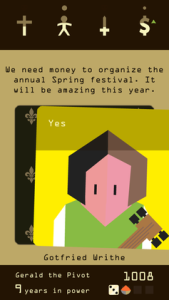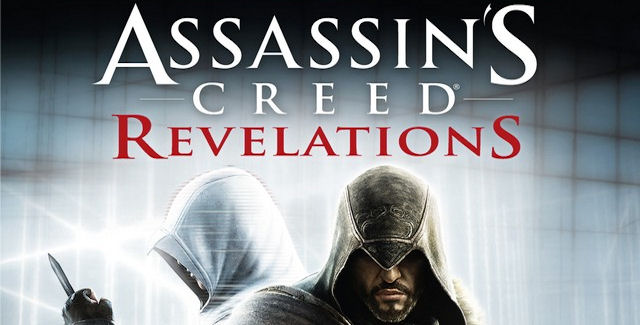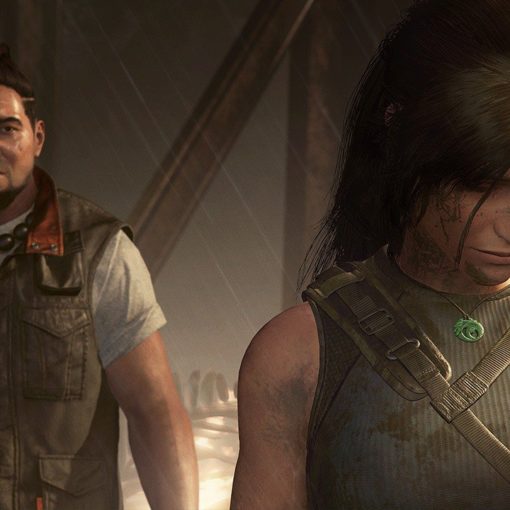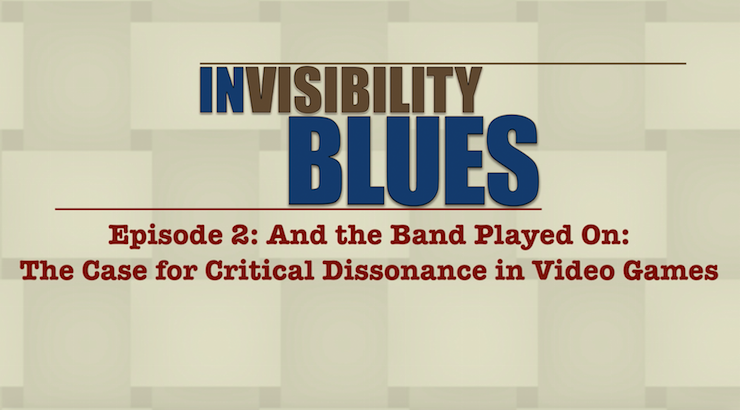Last month, I wrote about Reigns, the Tinder-influenced game of decisions, in which players take on the role of a monarch and lead a nation through a dynasty of successive rulers. Since then, I’ve been thinking a lot about the game, about what the interconnected internal structures mean, and what Reigns has to tell us about leading, about ruling, and about rhizomes.
Yes, it’s that time in grad school: the time when we sink into Deleuze and Guattari for a while, and all our sentences get longer and a little more wild.
 Power in Reigns isn’t structured, but connected. When we think of medieval monarchs, we might think of them as being on top, the highest point in a structure, about systems flowing from how they hand out power, how they control land, how they treat the people… or perhaps we think of the (Catholic) Church as roots, with everything springing from funding and support of the Church (or the lack thereof). Regardless, a strict chain of this-leads-to-this-leads-to-this, and so on, to the end of the chain. But power in Reigns is messy, tangled, rhizomatic, spreading and contracting in unpredictable ways. Even though you can see that one particular question—say, increasing hygiene for the soldiers—will have positive impacts on everything except the treasury, there’s no way of knowing what decision will follow that, and what decision will follow that. What will come up next? Only in the dungeons is this predictable, and then only to a point. Anything could come up; the trajectory of the nation splinters. Perhaps the next six have the potential to impact the treasury. Now you must scramble to keep afloat. New possibilities emerge from new choices. The game is never static.
Power in Reigns isn’t structured, but connected. When we think of medieval monarchs, we might think of them as being on top, the highest point in a structure, about systems flowing from how they hand out power, how they control land, how they treat the people… or perhaps we think of the (Catholic) Church as roots, with everything springing from funding and support of the Church (or the lack thereof). Regardless, a strict chain of this-leads-to-this-leads-to-this, and so on, to the end of the chain. But power in Reigns is messy, tangled, rhizomatic, spreading and contracting in unpredictable ways. Even though you can see that one particular question—say, increasing hygiene for the soldiers—will have positive impacts on everything except the treasury, there’s no way of knowing what decision will follow that, and what decision will follow that. What will come up next? Only in the dungeons is this predictable, and then only to a point. Anything could come up; the trajectory of the nation splinters. Perhaps the next six have the potential to impact the treasury. Now you must scramble to keep afloat. New possibilities emerge from new choices. The game is never static.
Because of this (all of this, and more), strategizing in Reigns is particularly difficult. Any attempt at a chart of the result of a decision in Reigns, in the longer term, would immediately become a snarl. Certainly a machine could chart possibilities by the thousands, but the human player’s decisions (benevolence? tyranny? pragmatism?) destroy anything beyond emergent possibility.
But you have power, to a point; the power to choose, to push to the next decision, and the next, and power produces. Making a game is a sort of power over reality: we have created (a) world! Playing a game is the same. Playing creates control over space, forging a game into place, a place to nestle and become. I will use this game to be the ruler I would like to see, until the systems intervene, and I must become the ruler the moment needs. I make the game; the game makes me. Even the most linear games have some impact on us in this way, or we do on them, due to what we see, what we notice, and how we read it. Even when we decide to turn them on and then off. When we play, we are always creating something with the materials we have been given.




